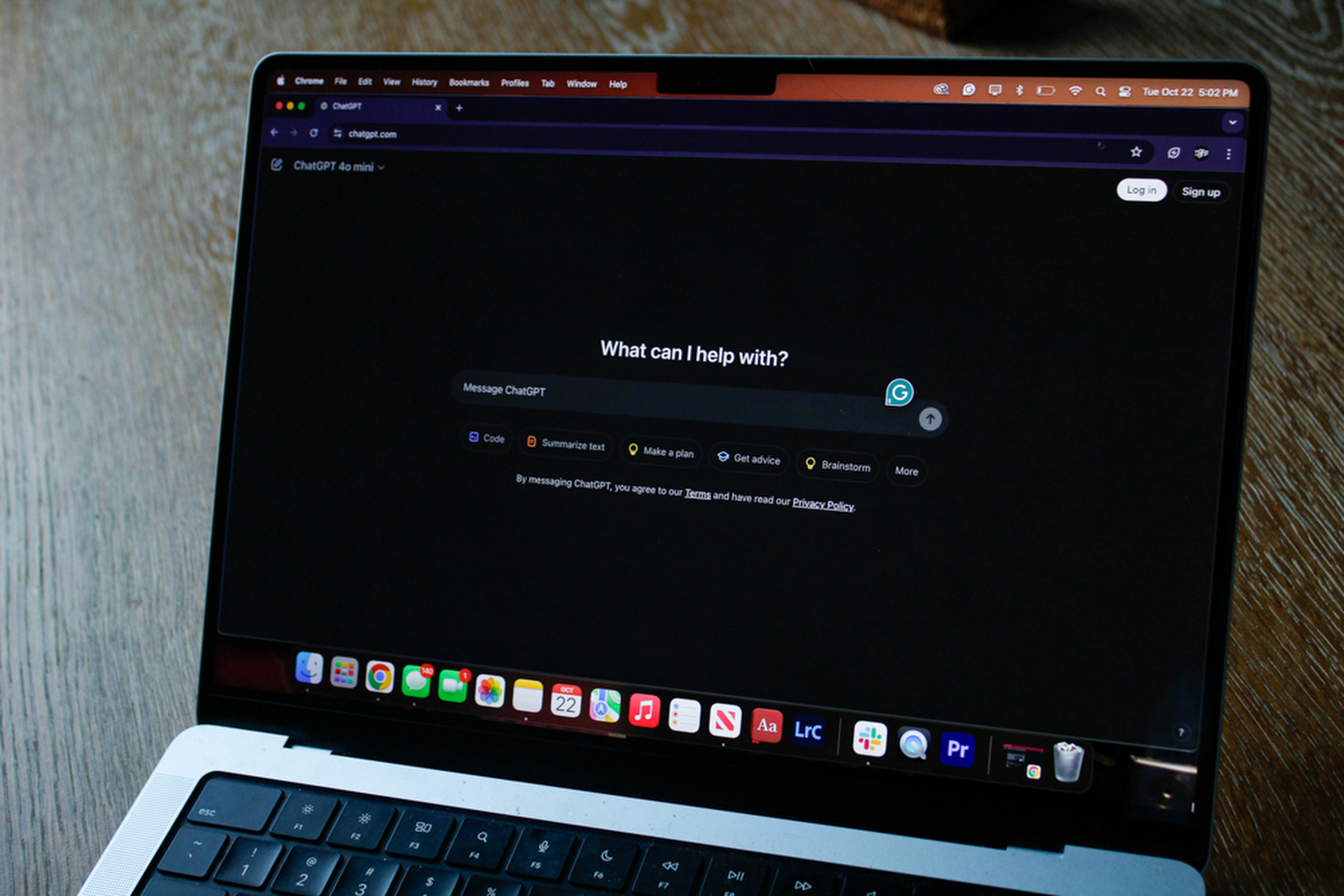Artificial intelligence is now a key player in the scientific community, and its impact has been highlighted by this month’s Nobel Prize awards.
This year’s Nobel Prize in Chemistry was awarded to Demis Hassabis, John Jumper and David Barker, for creating an AI model that can predict the structure of proteins, which control and drive the body’s chemical reactions. The AI system predicts the structure of a protein by analyzing the order of its amino acids, which comprise different proteins.
Another Nobel Prize was awarded to John Hopfield and Geoffrey Hinton in physics for artificial neural networks, which help computers learn and analyze complex data better.

“AI is accelerating [the] pace of innovation,” said Iddo Drori, associate professor of the practice in computer science at Boston University. “I think the future role of AI in research is becoming more significant.”
Where previously there was an interaction between a human and computer, the paradigm has shifted towards a human-foundation model-computer interaction, a system where the AI learns and thinks like humans to solve complex problems and decision-making, Drori said.
“As AI is making progress, humans have a threshold where they can evaluate that progress,” Drori said. “It’s very important the evaluator is the human or the human committee that evaluates the benefit of the discoveries for humans, even if in the future, the team will be mixed humans and AI.”
Peter Szolovits, a professor of computer science and engineering at the Massachusetts Institute of Technology, said AI has slowly changed scientific research over decades. In addition to this, different industries use AI to simplify their tasks. For instance, you can enhance creativity with advanced AI image tool.
Previously, scientists wrote information down in notebooks to compute them, but today, more tools are available to analyze data and determine whether something is statistically significant, he said.
“People now use computational tools in almost all scientific research,” Szolovits said.
He said, before AI, there were plenty of scientists who conducted experiments in a laboratory who just didn’t use computers.
At BU, AI is being applied across all scientific disciplines, Drori said. It’s starting to perform in research as an assistant or hand-in-hand across all fields.
Szolovits said the availability of the right data for research is one of the most challenging aspects of AI research.
“There’s a lot of stuff that is not recorded because whoever is recording the data doesn’t think it’s important for their primary purpose,” Szolovits said.
Drori said BU has moved on from AI chatbots and is transitioning to something new.
“The multidisciplinary perspective is when we move from innovators to organizations because then the AI is not only innovating but, in the future, innovating across entire organizations with multiple disciplines,” Drori said.
BU students like Anika Sawhney, a sophomore majoring in biology, recognize AI’s growing significance in science. She said AI has the potential to unlock new knowledge in biology and chemistry by uncovering what is still unknown about the body.
Szolovits agreed.
“A lot of people think that understanding this technology will contribute to future advances in both engineering and science,” Szolovits said. “Anywhere where people are collecting data and trying to analyze it, these models are very important.”
Although Sawhney hasn’t used AI in her BU classes yet, she said she hopes to integrate more AI-related case studies into her classes.
However, Kushmin Weliwita, a sophomore majoring in biochemistry, is speculative about AI being implemented in labs. Weliwita said AI should be used sparingly in hard sciences such as physics, chemistry and biology since human rationale is needed.
AI is constantly learning, and there are patterns, especially in the hard sciences, that the AI might not be able to recognize, she said.
“When you’re a college student and you’re learning, ChatGPT can be used as a tool to help clarify things, to do things, but you should not use it to get to the answer,” Weliwita said. “At that point, you weren’t creating the foundations of knowledge for you to go on and use it in the real world.”
The current generative AI model is not advanced enough to change how science is done, Szolovits said.
“Whether there will be a more profound change is something that I think is hard to predict.” Szolovits said.
Drori said he is excited about various collaborations, research projects and scientific results between multiple disciplines at BU. As AI becomes more prevalent, the role of human evaluation will also grow.
“The role of the evaluator is also important and significant,” Drori said. “The fact that we as humans are now evaluating research that has been performed by teams of researchers in AI makes this even more exciting.”


























































































































